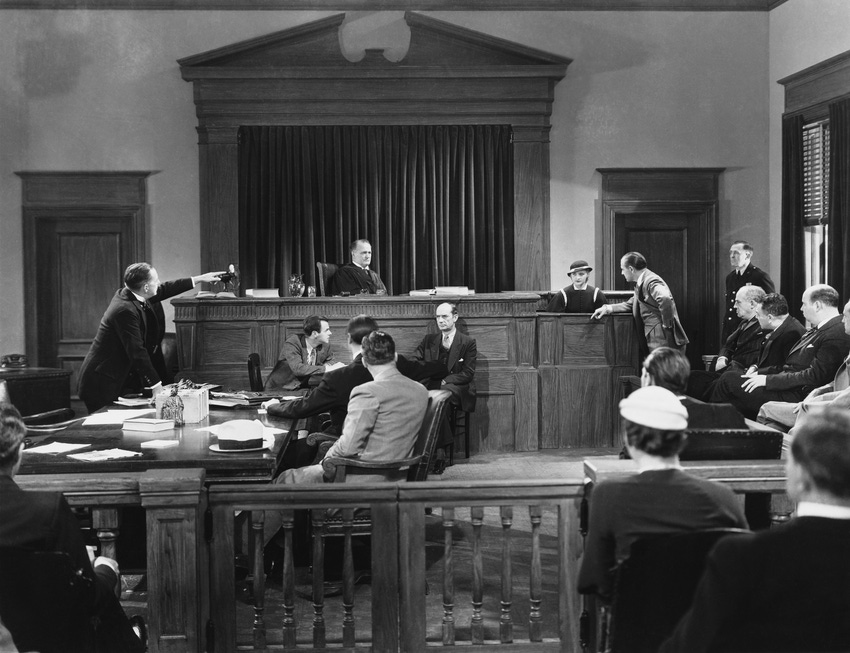Apple is potentially on the verge of facing a tidal wave of lawsuits as the Supreme Court agrees the iLeader is allowed to be challenged on the potential abuse of power in the app economy.
May 14, 2019

Apple is potentially on the verge of facing a tidal wave of lawsuits as the Supreme Court agrees the iLeader is allowed to be challenged on the potential abuse of power in the app economy.
The pivotal case the Supreme Court has been ruling on is Apple vs. Pepper. Robert Pepper and other plaintiffs, various iPhone owners, filed an antitrust lawsuit against Apple claiming the firm monopolised the app market through the App Store, with developer licence fees and the 30% commission ultimately driving the price up for consumers.
One the other side of the argument, Apple suggested iPhone owners were actually customers of the developers, while the developers were customers of Apple. This nuanced argument leans on legal precedent set in doctrine known as Illinois Brick where ‘indirect purchasers’ of a product don’t have the power to file antitrust cases. In distancing itself from the end-user in the app economy, Apple was hoping to protect itself.
In the first instance, the district court ruled in favour of Apple, dismissing the case, while the Ninth Circuit Court reversed the decision, ruling that consumers are purchasing from Apple not the developers. The fight was then escalated up to the Supreme Court, with the highest legal battleground in the US ruling 5-4 in favour of the iPhone owners.
What is worth noting is this is not a ruling which states Apple’s App Store is a monopoly, but a decision which allows users to file antitrust lawsuits against the iLeader. It’s a step towards another legal headache but is by no means a sign of guilt.
For Apple, this will come as an unwanted distraction as it attempts to scale it software and services business, in which the App Store is a key cog. The last few years have seen the Apple team attempt to create a more balanced business, with less of a reliance on the staggering hardware segment and reaping the rewards of the blossoming software world.
This decision from the Supreme Court might not assign guilt to Apple, but it certainly creates a monumental migraine. Such is the lawsuit culture in the US it won’t be long before miffed customers just on the bandwagon in pursuit of compensation.
About the Author(s)
You May Also Like








.png?width=300&auto=webp&quality=80&disable=upscale)


_1.jpg?width=300&auto=webp&quality=80&disable=upscale)


.png?width=800&auto=webp&quality=80&disable=upscale)